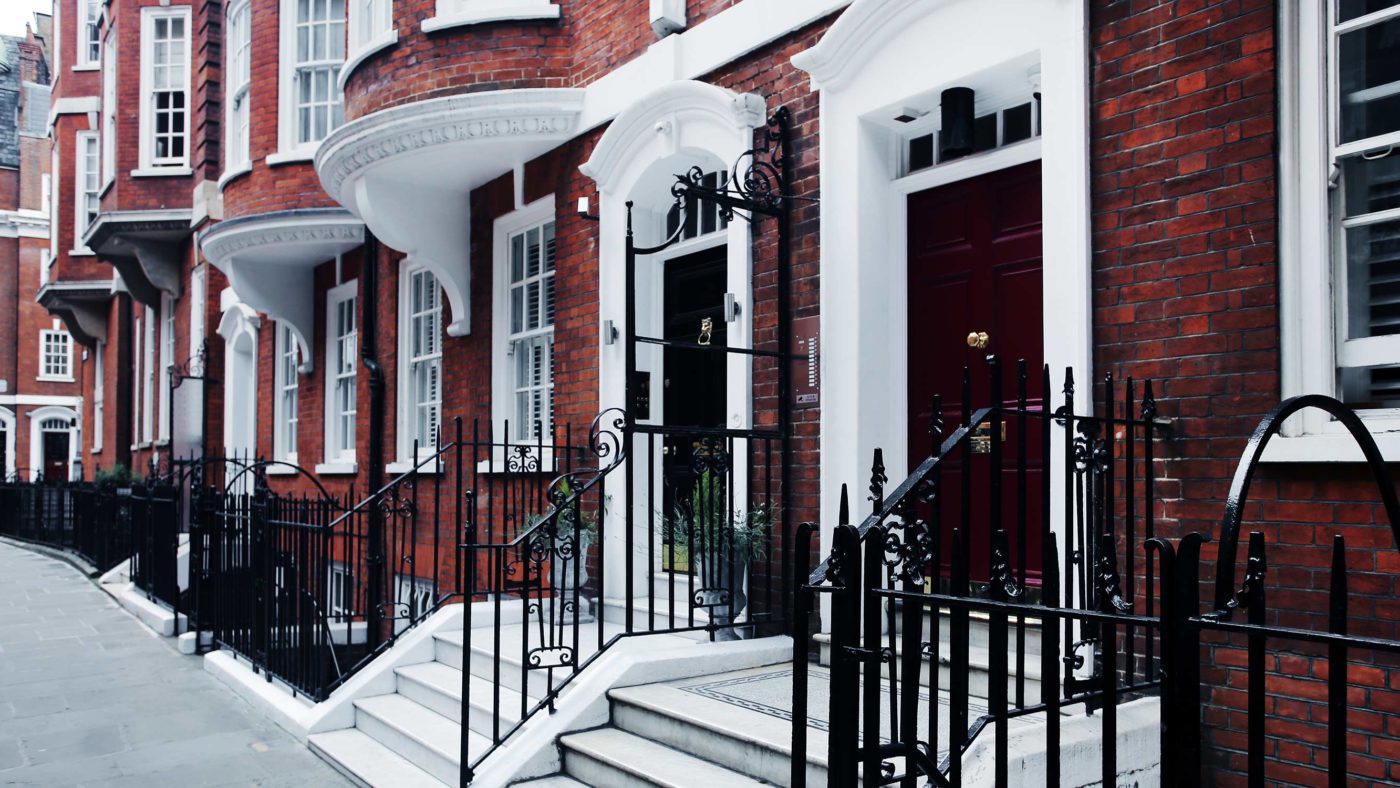Covid-19 has turned society upside down in all sorts of ways, and British politics is no exception. Over the last few weeks, we have seen the almost surreal display of a Tory Chancellor clamouring for tax rises, while Labour urges the Government to keep the brakes firmly applied.
So it is with Council Tax. As many councils decide to increase their Council Tax rates – with some areas seeing increases of well over 6% – Labour has sharply criticised the Government for allowing such a rise in the midst of a recession. The Prime Minister has retorted that it is Labour-run councils who are most likely to put up taxes.
But trading blows over Council Tax rates misses a deeper point: the tax itself is outdated and unfit for purpose. It should be part of a fundamental reappraisal of how we ensure recovery and reform taxes after the pandemic. Given that the last revaluation occurred in 1991, it is laughably disconnected from the current distribution of property prices, to such an extent that a person could pay less Council Tax for a multi-million Westminster property than a modest house in Nottingham worth less than £200,000.
One solution would be to simply undertake a revaluation of Council Tax. But this would fall short of addressing the underlying issues with its design. Council tax charges occupiers rather than owners, hitting renters on modest incomes rather than owners of multiple homes. And it is well known that the tax is regressive: it is a considerably lower percentage of property value for higher-value properties.
The Stamp Duty holiday is another flashpoint, with Sunak reportedly set to extend it until the end of June in order to keep the property market afloat this year. It’s not the first time Stamp Duty has been suspended during a time of economic crisis: back in 2008, Alistair Darling suspended the charge for a year for properties worth less than £175,000.
The fact that suspending the tax is seen as a way of boosting the economy in tough times is surely a tacit admission that Stamp Duty is economically damaging. And the evidence bears this out: analysis of previous fluctuations in Stamp Duty rates finds that a two percentage-point increase in Stamp Duty reduces the mobility of homeowners by around 40%. In short, Stamp Duty chokes the housing market, making it harder for people to find the right home.
It is hardly a surprise that policymakers across the political spectrum – from economists such as David Smith, Russell Lynch and the authors of the Wealth Tax Commission, to thinktanks as far apart as IPPR and the Centre for Policy Studies – agree that Council Tax and Stamp Duty are fundamentally bad taxes that are due a radical overhaul.
It’s time, then, to shift the debate to more sensible ground. Rather than trying to add yet more tweaks and exemptions to these outdated and damaging taxes, the real question is what should replace these taxes and how reform should be implemented.
Almost any reform would, economically speaking, be an improvement on our current system. The challenge is finding reforms that not only deliver economic gains, but also stand a chance of overcoming the many political hurdles to implementation. This is the subject of work Bright Blue is currently undertaking on the future of property taxes.
There is no reason why radical property tax reform cannot be politically feasible. There are several alternatives, including a land value tax and an annual proportional property tax (APPT), that directly address the pitfalls of our current system.
Properly designed, such taxes could end the regressive impact of Council Tax by adopting a flat or even progressive rate. This in turn would put money in ordinary people’s pockets: analysis from Fairer Share of the impact of their version of an APPT suggests that, in many constituencies, well over 90% of households would benefit from such a move. In particular, the average household in some Red Wall seats, such as Bishop Auckland and Sedgefield, would stand to gain around £900. Clearly, there is scope for property tax reforms to play a role in the Government’s ‘levelling up’ agenda.
While the distributional impacts of Council Tax are remedied, reforms could also do away with Stamp Duty – and thereby remove the ‘attack on aspiration’ criticised by many conservatives. In short, there is something to like about property tax reform wherever you are on the political spectrum.
This may also be the most promising window for reform in some time. There is considerable support for using property taxes to repair the public finances post-Covid.
Politicians should not limit their ambitions to tinkering around the edges of our already broken property taxes. It is time for them to debate how to fix the issue for the long term.
Click here to subscribe to our daily briefing – the best pieces from CapX and across the web.
CapX depends on the generosity of its readers. If you value what we do, please consider making a donation.


